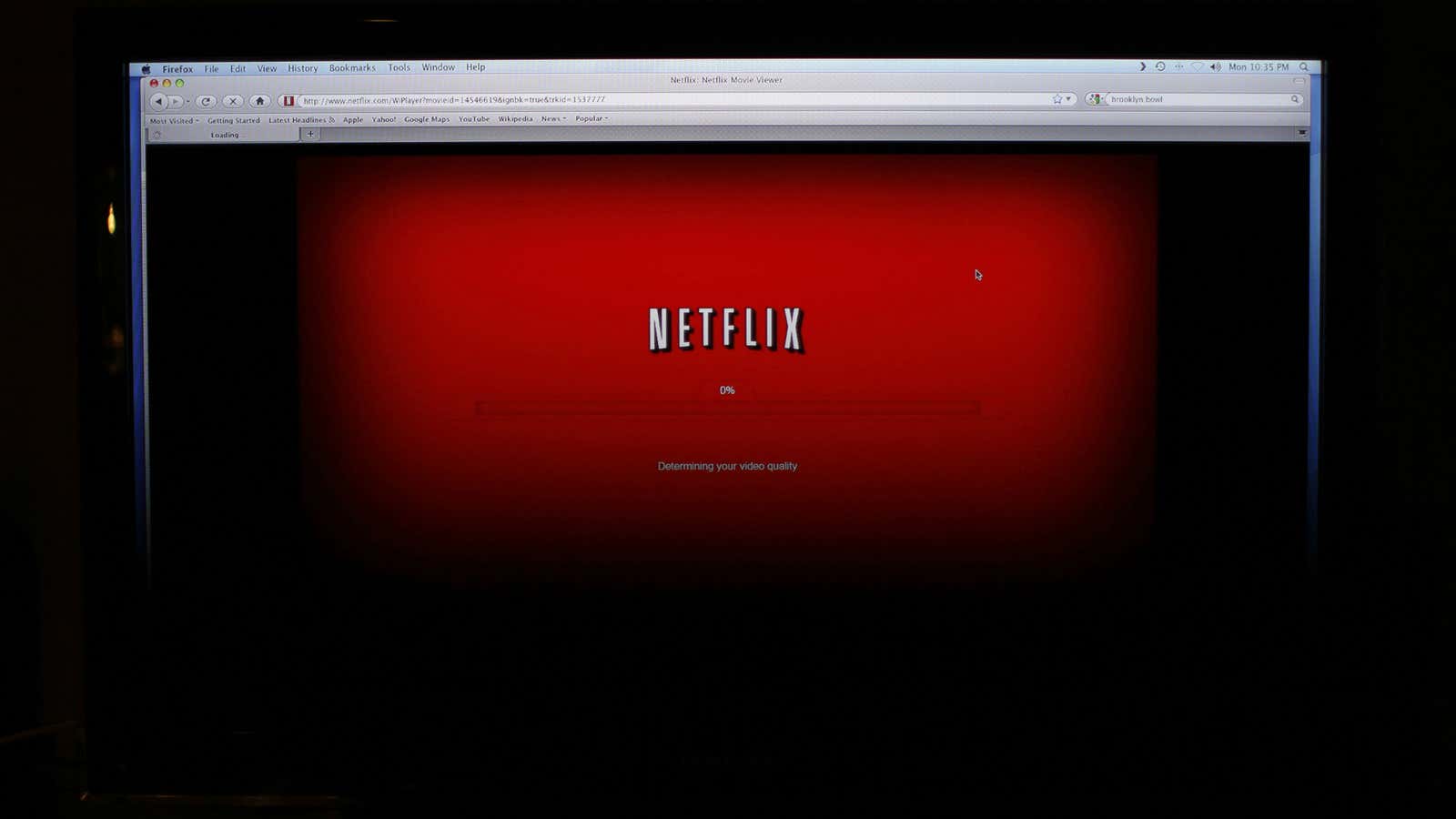Netflix and sections of the US cable industry appear to be bowing to the inevitable. The streaming service insanely popular with consumers and investors has entered talks with cable companies about getting its streaming app added to set-top boxes, the Wall Street Journal reported this week. Similar reports did the rounds as far back as early 2012, but this time, they are taking on an added level of seriousness: Netflix is being joined in the talks by TiVo, Bloomberg reports, which already supplies set-top boxes to big cable companies, and is developing new ones that can integrate cable and internet TV.
Such a move could be a win-win situation for cable and internet TV companies alike. Netflix would get access to more customers amid concerns about slowing subscriber growth. Cable companies could use Netflix as a way to promote their broadband services and hold on to their customers, which are fleeing in droves. And consumers would no longer have to switch the settings on their television set to switch between cable and internet TV.
It’s also worth remembering that not that long ago, Netflix came very close to launching a set-top box product of its own. Codenamed “Project Griffin,” Netflix spent years developing its company-branded streaming player as it confronted the demise of its original DVD rental business. But in 2007, just weeks before launch, it shelved the product due to concerns it could prevent the company from being added to other set-top boxes (the product was spun off into a separate, privately held company, Roku). That decision now seems prescient, with Netflix owing much of its success to its presence on platforms as varied as Apple TV, Roku and X-Box TV.
Now things have come full circle. The reported talks come at a crucial moment for the US video content industry. Cable companies are taking blows from all sides. They are struggling with inflated content cost from studios and aggressive competition from satellite pay TV providers, telecoms operators and of course, streaming services like Netflix. Meanwhile, they are drowning in the high costs of maintaining physical infrastructure to satisfy their customers’ rampant demand for connectivity. (And that infrastructure, in turn, helps Netflix do business.) The latest moves seem to be a case of: can’t beat ’em, then join ’em.
